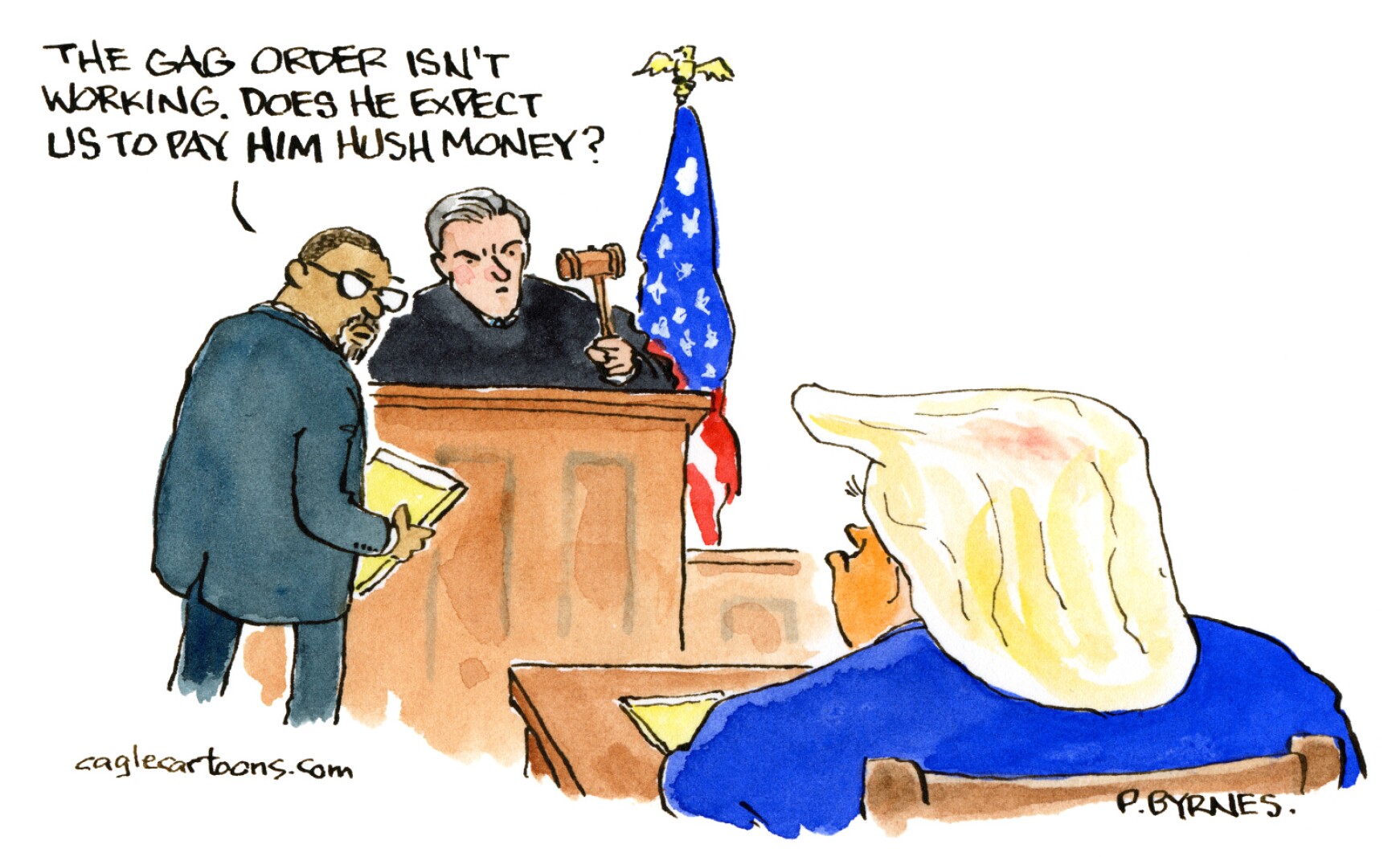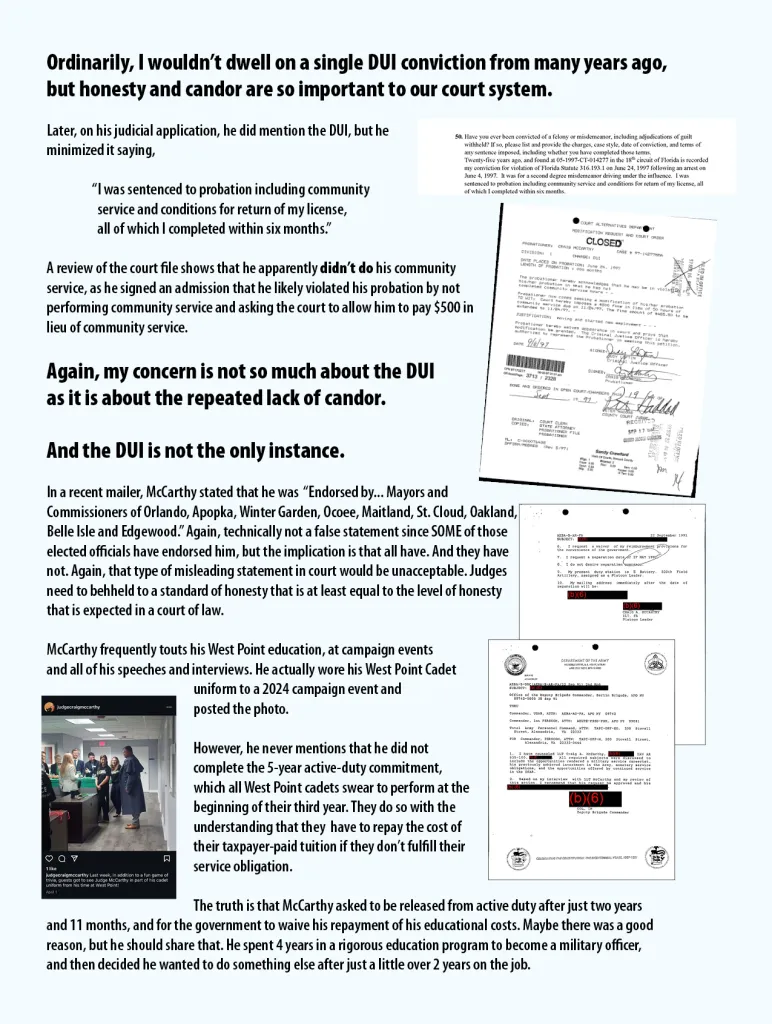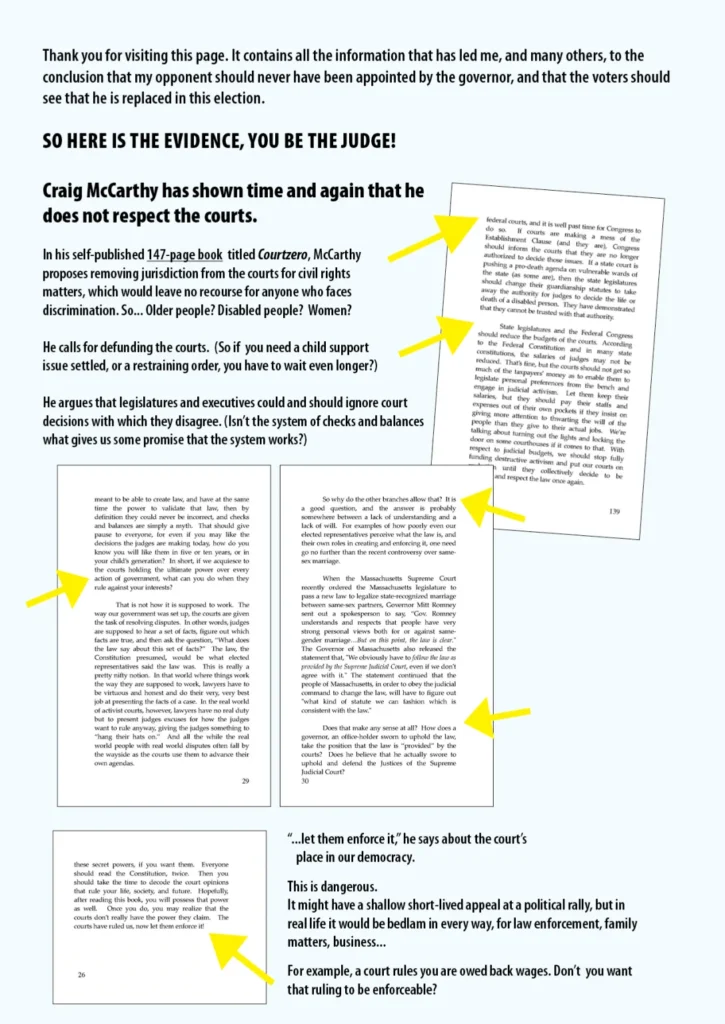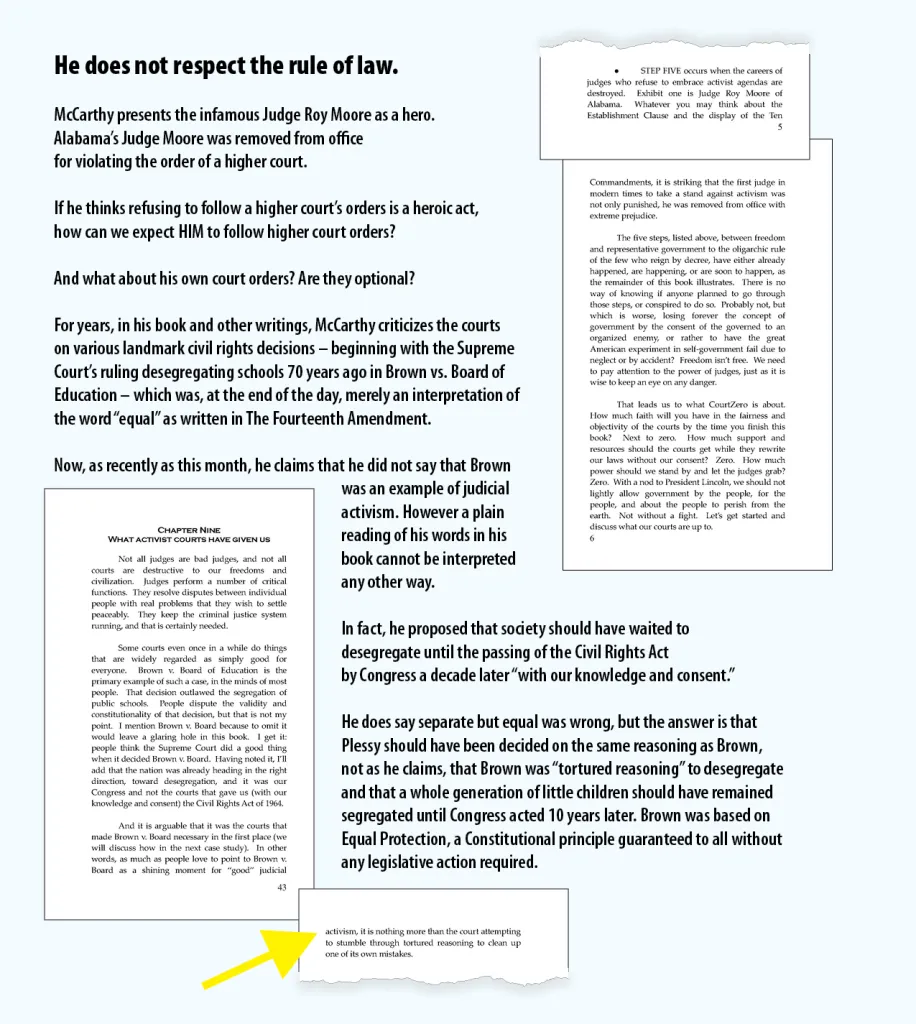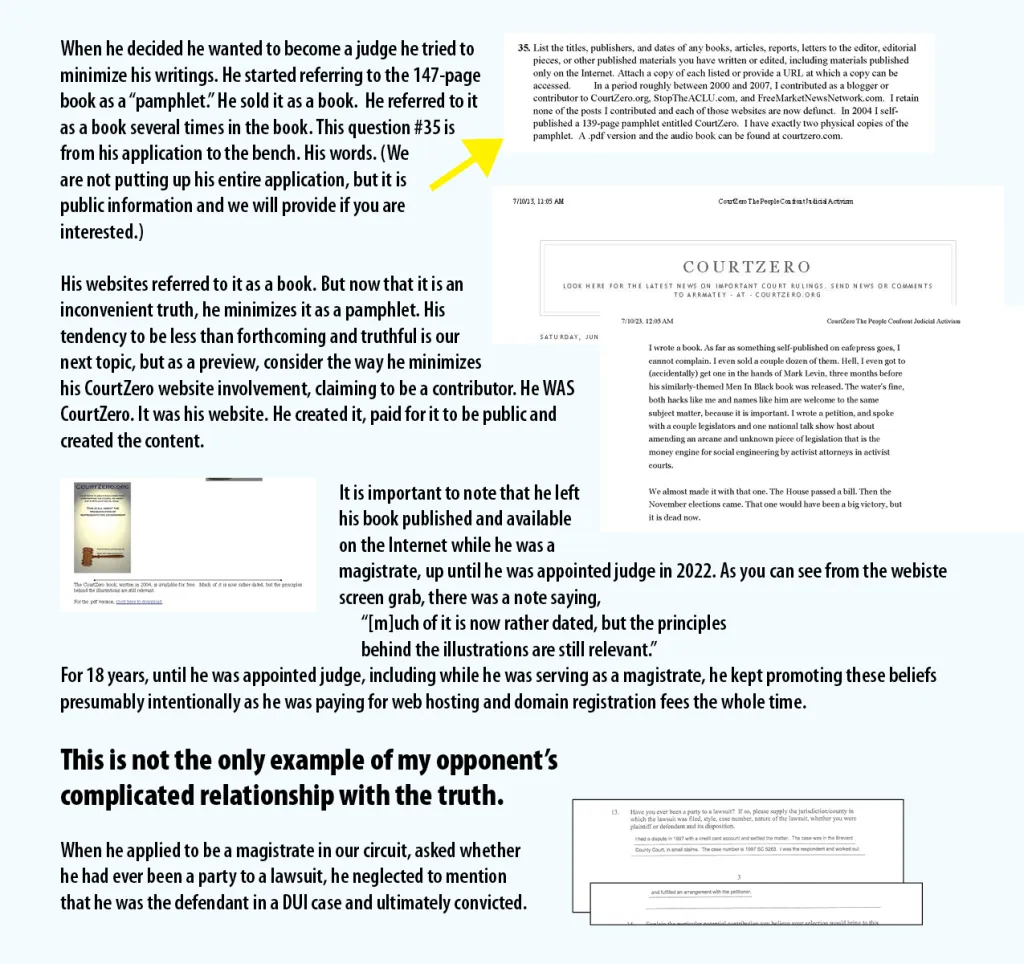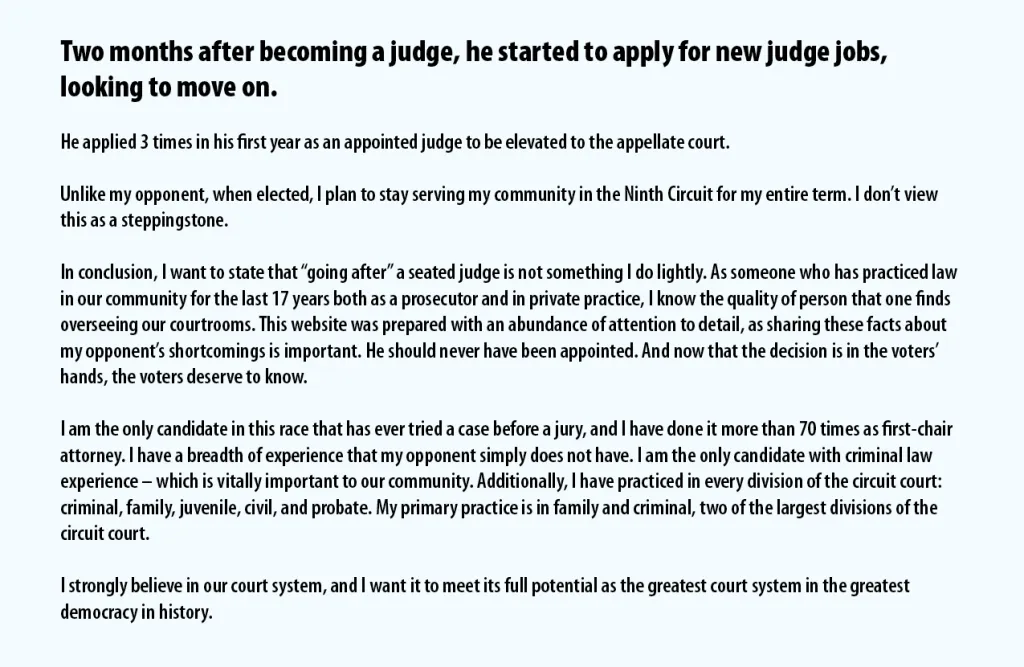Introduction
Judicial recusal, also known as judicial disqualification, is a fundamental aspect of maintaining the integrity and impartiality of the judicial system. This blog post delves into the circumstances under which a judge should recuse themselves from a case, with a particular focus on cases involving child sexual abuse and instances where judges have failed to address pending motions for an extended period.
When Should a Judge Recuse Themselves?
A judge should recuse themselves from a case when their impartiality might reasonably be questioned. This includes situations where:
Conflict of Interest:
- Personal Connection: If the judge has a personal relationship with any party involved in the case, their impartiality could be compromised.
- Financial Interest: If the judge has a financial stake in the outcome of the case, they must step aside to avoid any appearance of bias.
Prior Involvement:
- Previous Role: If the judge previously served as an attorney or had any other significant role in the case, they should recuse themselves to prevent any conflict of interest.
Bias or Prejudice:
- Demonstrated Bias: If the judge has shown bias or prejudice towards any party involved in the case, their ability to remain impartial is compromised.
- Public Statements: Any public statements made by the judge that indicate a preconceived opinion about the case can be grounds for recusal.
Why Should a Judge Recuse Themselves?
The primary reasons for judicial recusal include:
Ensuring Fairness and Impartiality:
- Upholding Due Process: The Due Process Clause of the U.S. Constitution requires judges to be impartial. Recusal is necessary to ensure that all parties receive a fair trial.
- Maintaining Public Trust: Public confidence in the judicial system is essential. Recusal helps maintain the integrity and credibility of the judiciary.
Preventing Conflicts of Interest:
- Avoiding Bias: Recusal prevents any potential bias or conflict of interest from influencing the judge’s decisions.
- Protecting the Rights of Parties: Ensuring that all parties receive an unbiased hearing is crucial, especially in sensitive cases involving child sexual abuse.
Specific Case: Child Sexual Abuse and Judicial Negligence
In cases involving children who have been sexually abused, the need for judicial recusal becomes even more critical, particularly when the judge has failed to address pending motions for over a year. Here’s why:
Impact on Victims:
- Delayed Justice: Prolonged delays in addressing motions can exacerbate the trauma experienced by child victims. Timely judicial action is essential to provide closure and support to the victims.
- Emotional and Psychological Harm: The failure to act promptly can lead to further emotional and psychological harm to the children involved.
Judicial Accountability:
- Negligence: A judge’s failure to address pending motions for an extended period can be seen as negligence, undermining their ability to impartially and effectively manage the case.
- Loss of Confidence: Such negligence can erode the confidence of the parties involved and the public in the judicial system.
Legal and Ethical Obligations:
- Duty to Act: Judges have a legal and ethical duty to manage their caseload efficiently and ensure timely justice. Failure to do so warrants recusal to uphold the principles of justice.
- Protecting Vulnerable Parties: In cases involving vulnerable parties, such as children, judges must be particularly diligent in their duties. Recusal is necessary if they fail to meet these obligations.
Conclusion
Judicial recusal is essential to maintaining the fairness, impartiality, and integrity of the judicial system. In cases involving child sexual abuse, where a judge has failed to address pending motions for over a year, recusal is not only appropriate but necessary to protect the rights and well-being of the victims. Ensuring judicial accountability through recusal helps uphold the principles of justice and maintains public trust in the judiciary.
